Coca Cola, the multi-Billion Dollar soft drink giant, has grown by leaps and bounds since its inception in the 1800’s. The drink became a revolution across the United States during early 20th Century and even emerged as the preferred drink in other parts of the world. Although the firm garnered large profits and global popularity, it has often been the subject of many controversies. These controversies include violation of human rights, environmental norms and even health hazards caused by the drink so much so that many activists have also appealed to the masses to boycott the consumption of the drink due to various reasons. Apart from managing its million worldwide plants, maintaining its reputation in the market has been an equally herculean task for Coca Cola. Here are a few of the dark secrets of one of the world’s biggest beverage manufacturers, which are seldom discussed and might leave you zapped in a few minutes.
1. Presence of Pesticides
Long after it was introduced in the United States, Coca Cola surfaced on the Asian shores as well. The product was accepted with wide arms across the continent, especially nations like India, which contributed to a lion’s share of its profit. In 2003, a few farmers from the Indian subcontinent claimed that they had used samples of the drink on their crops. Surprisingly, most of the pests feeding on the plants were killed after the application of Coca Cola. This raised a big hue and cry across the country regarding the health hazards of the drink, which had emerged as one of the most preferred beverages among the Indian youth. Later, many videos also surfaced online where the drink was used to clean the rust on metallic objects and Coke even doubled as a cleaning agent to wipe tables and crockery to keep them sparkling clean.
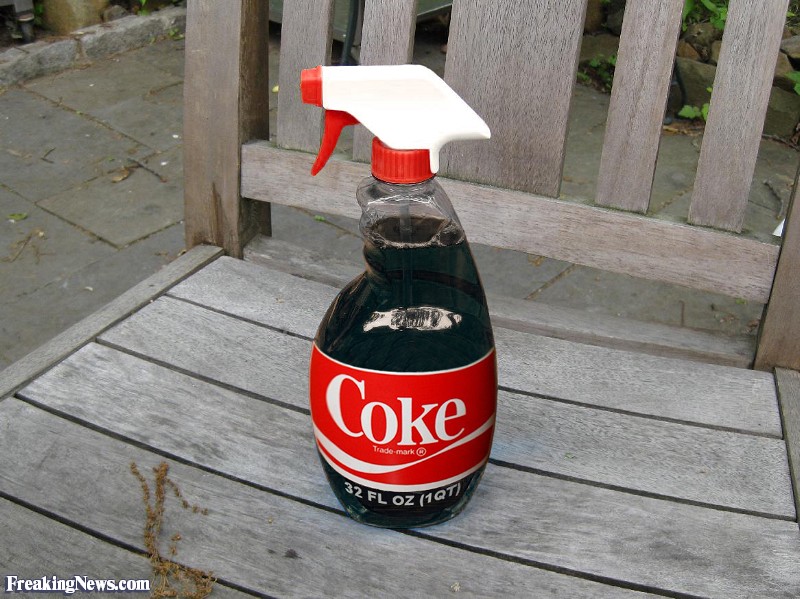
2. The French Cocoa
The world famous soft drink is a brainchild of a retired soldier named John Pemberton, who was addicted to a drug named Morphine to alleviate pain. The drug was potentially dangerous and Pemberton relied heavily on it. After realizing its harms, John was on the hunt for another product, which could provide the benefits of Morphine and yet not be dangerous. Hence, he stumbled upon this idea of making a beverage using Cocaine and cocaethylene, which is a form of alcohol. The name ‘Pemberton’s French Wine Coca’ was coined to the resultant beverage and had the ability of leaving its consumers trippy. Being one of its darkest secret, the drink was banned in 1885 by the authorities of Atlanta, the place where it originated. Pemberton then made a few changes in the drink and introduced sugar syrup as an ingredient, which substituted for alcohol, which gave birth to the drink ‘Coca Cola’, as we know it today.
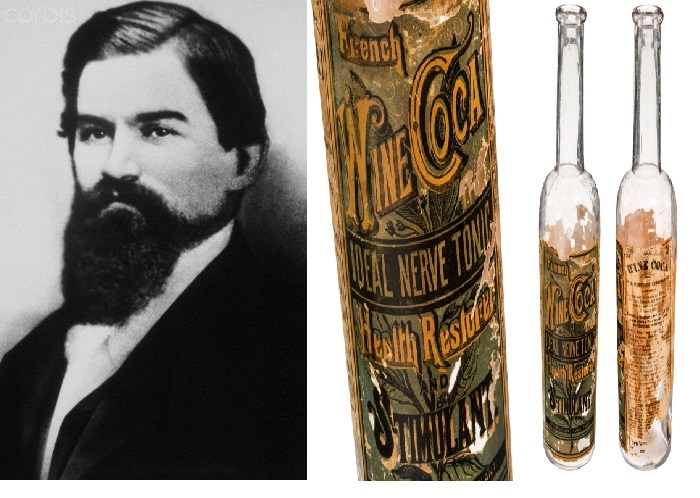
Photo Credit
http://www.corbisimages.com/stock-photo/rights-managed/0000313296-021/inventor-john-s-pemberton
http://www.abqjournal.com/397947/news/bottle-bought-for-4-could-bring-5000-at-auction.html
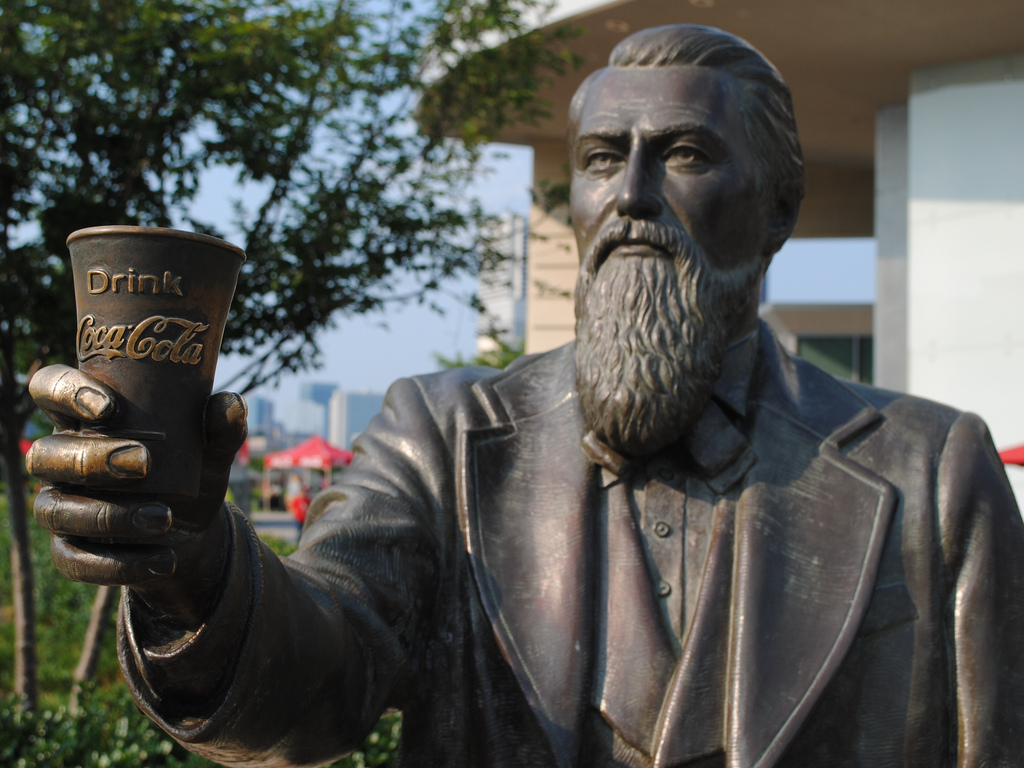
Photo Credit https://flic.kr/p/bUSkJ2
3. Discovery of Fanta
The story which describes the origin of ‘Fanta’, a product of Coca Cola and a global favorite amongst fans of soft drinks, in itself is quite controversial. Coca Cola was banned in Germany, a nation ruled by the Nazis during the middle of the twentieth century. However, the beverage enterprise wanted to penetrate into the German market by some means. Max Keith, the man who managed the division of Coca Cola in the Duetschland region, discovered an innovative idea of being the leading soft drink sellers in Germany. He decided to prepare a liquid using two raw products which were found in abundance in Germany, namely Whey, a bi-product of milk and Pomace, which is the residual remains of the fruit after its juice is extracted. The beverage thus produced was named ‘Fanta’, which roughly translates to ‘fantasy’ in German. There were also allegations that the Cola manufacturing firm was closely associated with the Nazis. The enterprise apparently earned huge profits by selling the product during the Second World War.
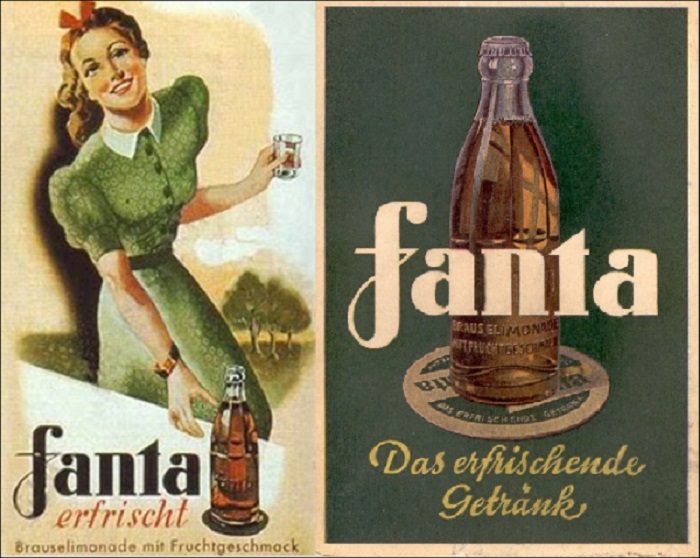
Photo Credit https://www.warhistoryonline.com/war-articles/you-knew-these-right-11-house-hold-names-that-worked-with-the-nazis-during-wwii.html
4. The Columbian Accusation
Concreting its tentacles in the South American nation, Columbia cost dear for Coca Cola, which also made them the subject of many controversies. It is believed that the multi-Billion Dollar beverage manufacturer was in a state of constant crisis with the Labor Union leaders of Columbia. They apparently even employed paramilitary forces to curb the opposition, resulting in the death of many such leaders. Apparently many channel partners of Coca Cola, situated in the South American region, were also said to be supportive of these political conflicts. Even a lawsuit was filed against the beverage manufacturer in 2001, in a U.S district court. However, Coca Cola was given a clean chit later since the channel partner bottling firms were not branches of the soft drink firm.
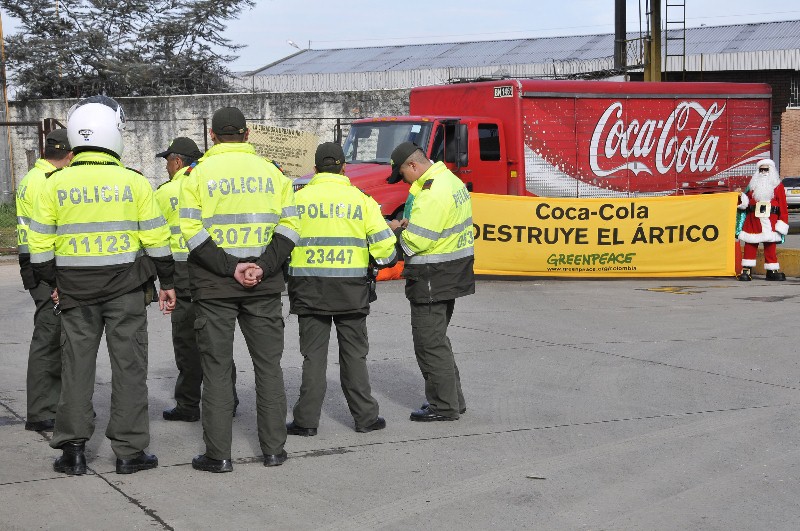
Photo Credit http://www.greenpeace.org/colombia/es/fotos-y-videos/Fotos/Greenpeace-bloquea-la-principal-embotelladora-de-Coca-Cola-en-Colombia2/Greenpeace-bloquea-la-principal-embotelladora-de-Coca-Cola-en-Col3/
5. The Story Of Natasha Harris
In 2010, a report surfaced, which spoke about the demise of a woman from New Zealand named Natasha Harris. It was said that the woman gulped more than 2.6 Gallons of the soft drink on a daily basis. Natasha turned to be an addict over time and her behavior patterns would change if denied the drink. Excessive consumption of the drink added 2.2 pounds of Sugar in the woman’s body as well as enlargement of Natasha’s liver. The woman eventually succumbed to Cardiac Arrhythmia and the cause is believed to be her addiction to the beverage. Many similar shocking real life stories of people meeting with an ill fate due to their like for coke have made headlines over the years.
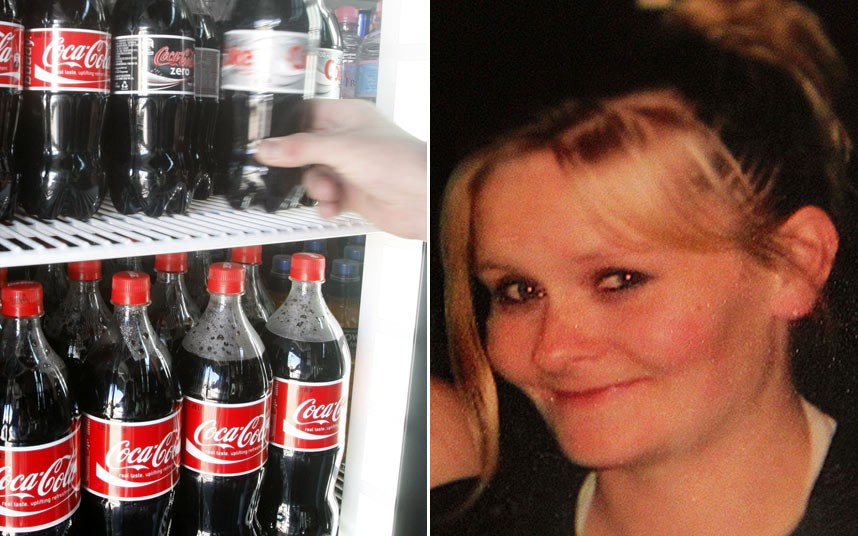
Photo Credit
http://www.telegraph.co.uk/foodanddrink/foodanddrinknews/9213349/Mother-died-after-drinking-18-pints-of-Coca-Cola-a-day.html
6. The Secret Ingredient
Coca Cola had become a sensation in the Western nations, especially during the early years of the 20th Century. However, they hadn’t documented the procedure of the beverage’s manufacture until the year 1919. It is then that the firm took the initiative of documenting the list of ingredients used in the preparation of the beverage. It is said that one of this drink’s constituents is still known to just a couple of people belonging to the firm and not revealed to the world. The secret has been preserved in a secret vault belonging to the beverage manufacturing firm. However, there are also many who rubbish this speculation and have said that the whole vault and ‘secret ingredient’ story is just an attempt to publicize Coca Cola in a different way.
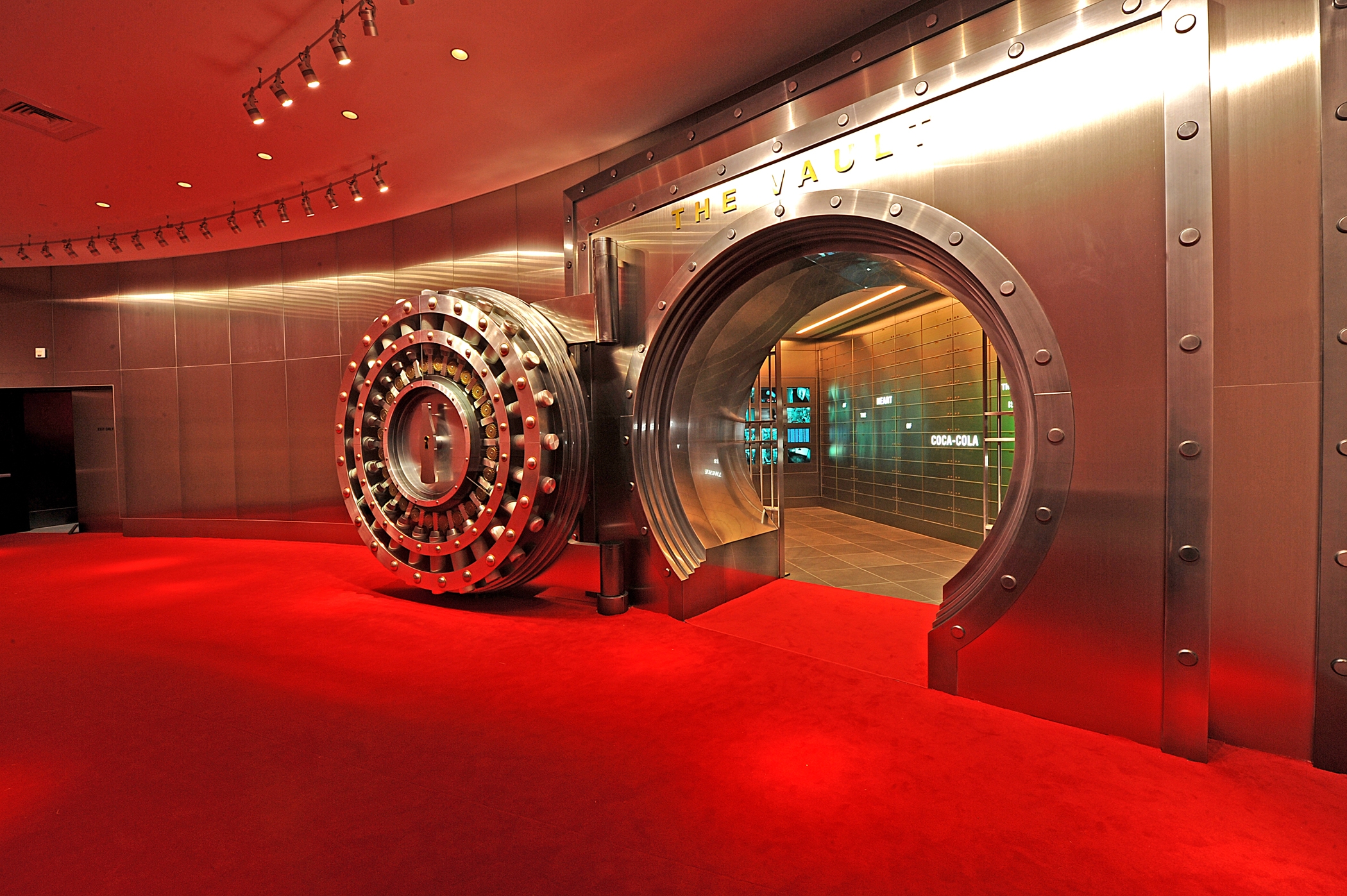
Photo Credit
http://www.coca-colacompany.com/press-center/image-library/the-vault-of-the-secret-formula-
7. Controversies in India
A place named Plachimada, located in Kerala, India, is a region known for its farming and produces rice in great abundance. Coca Cola had opened a bottling plant in the region nearly two decades ago, which was later criticized by many people in the region and many activists also demanded its shutdown. They claimed that the plant added many impurities to the ground water in the region and also consumed a huge quantity of the resource from the local water bodies, which adversely affected farmers in the region. Even the animal welfare organization ‘PETA’ had raised their voice against Coca Cola for conducting experiments on animals such as Chimpanzees.

Photo Credit http://dissertationreviews.org/archives/9718
8. The Controversial Ad
Recently, Coca Cola had launched an advertisement in Germany to promote their product ‘Fanta’. The ad was widely criticized for its slogan which said ‘Good Old Times’, a title which offended many across the world. Many believed that Coca Cola wanted to revisit their old times in Germany, when they introduced Fanta to the world and were good friends with the Nazis. The hoardings and other forms of publicity material of this controversial advertisement had to be then pulled out since it harmed the sentiments of the public.
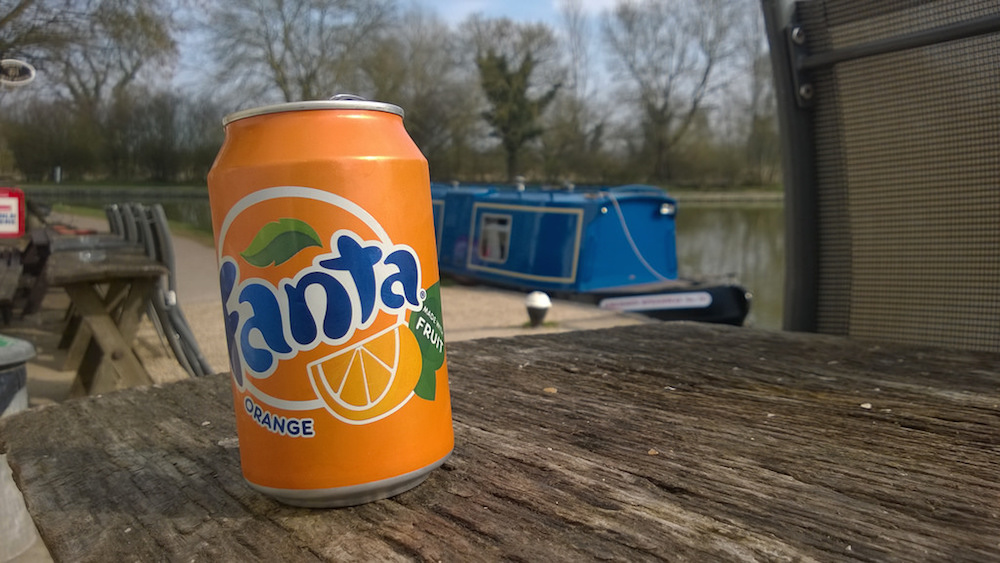
Photo Credit http://www.techtimes.com/articles/36123/20150227/coca-cola-pulls-fanta-video-controversial-good-old-times-quote.htm
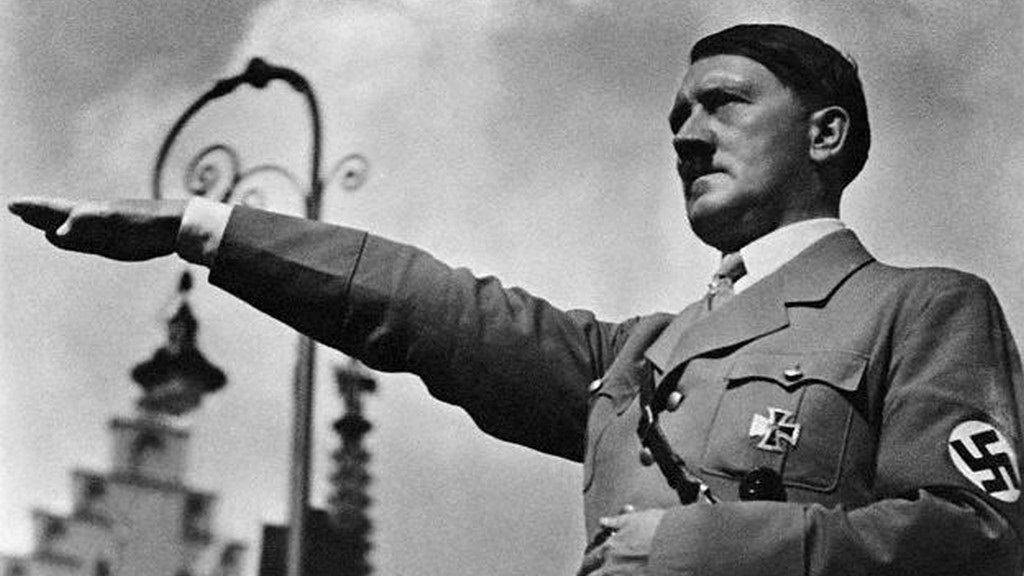
Photo Credit http://www.picz.ge/scripts/view.py?uid=9b8d016861e1
9. Racism
The allegations of Racism have also tarnished the image of the soft drink manufacturing giant to a large extent. A lawsuit was filed against the firm for discriminating employees of Black origin, working in their American units. Apparently, Blacks weren’t promoted and were under-paid as compared to their white counterparts. The firm ended up paying a huge ransom as compensation for their racial practices.
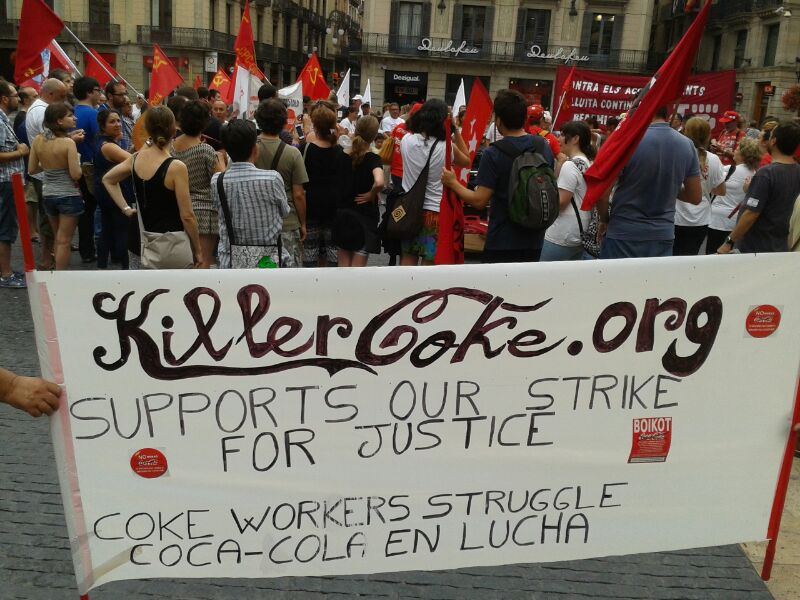
Photo Credit http://killercoke.org/breaking_news.php






